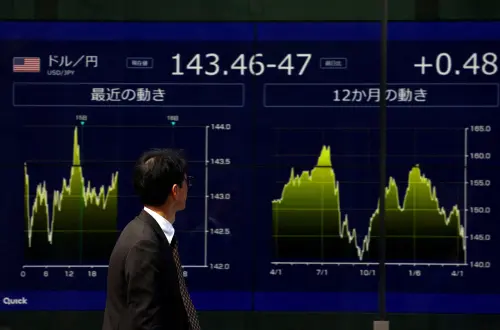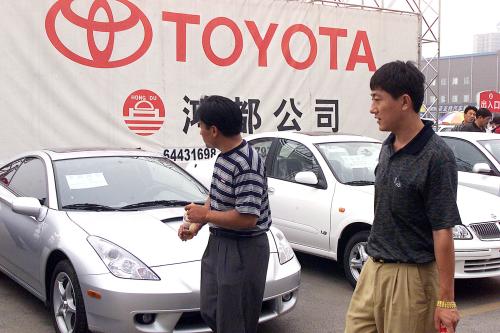

2:00 pm EST - 3:30 pm EST
Past Event
2:00 pm - 3:30 pm EST
1775 Massachusetts Avenue N.W.
Washington, DC
20036
Anti-globalism is an ever-growing force in world politics, especially in the post-global financial crisis era. The election of Donald Trump as president of the United States could well be one of its most consequential manifestations given his support for protectionist policies and early action to withdraw the United States from the Trans-Pacific Partnership Agreement (TPP). The U-turn in American trade policy has greatly complicated the task for Japan’s Prime Minister Shinzo Abe who had given the TPP utmost priority in his economic growth strategy. Recognizing the importance of the expansion of trade for its economic recovery, Japan needs to reformulate its trade strategy to put its economy back on a growth trajectory, and possibly to contribute to the growth of world trade and the global economy.
On February 27, the Center for East Asia Policy Studies at Brookings and the U.S.-Japan Research Institute co-hosted a panel of trade policy experts from the United States and Japan for a discussion on the current trade policy landscape in Japan and East Asia. Panelists addressed the outlook for Japan’s trade policy and free trade agreement negotiations, the impact of the United States’ withdrawal from the TPP on Japan, and the differing levels of enthusiasm for trade agreements in East Asia versus Europe and the United States.
Moderator

Panelist

Mireya Solís
April 17, 2025

Kei Endo, Ichiro Sato
April 1, 2025

Mireya Solís
March 10, 2025